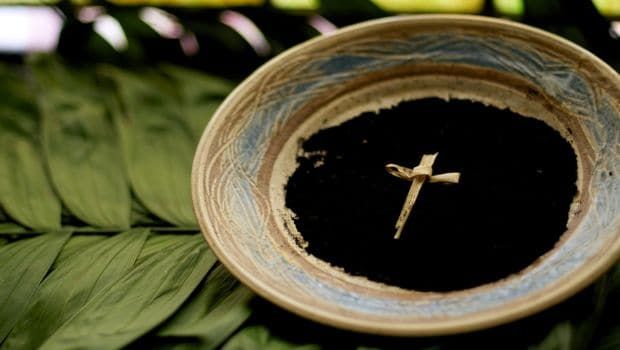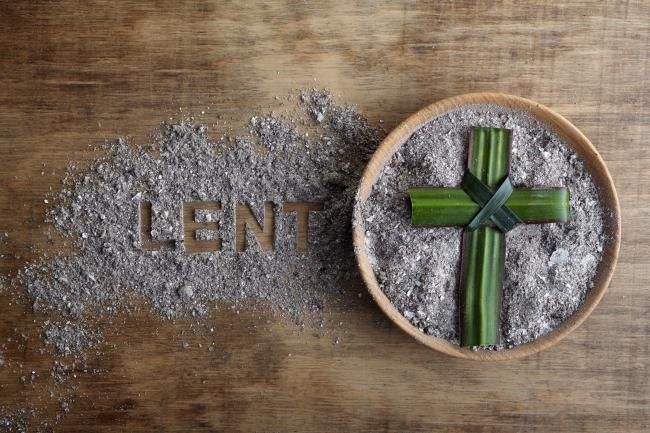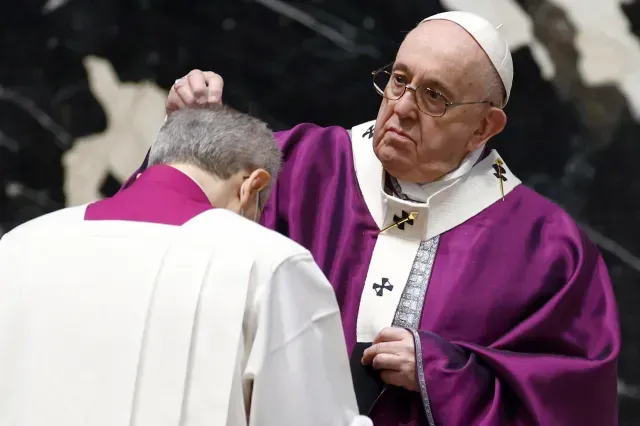Message of Abbot Paul - Ash Wednesday - 14th February 2024
Abbot Paul • February 13, 2024



On Ash Wednesday, ashes are blessed and placed on our heads as a sign of repentance and conversion. It is the traditional way in which we begin Lent. The prayer of blessing takes its theme from the well-known words of the Prophet Ezequiel, “Have I any pleasure in the death of the wicked, says the Lord God, and not that he should turn from his ways and live?” (Ez. 18:23) God has no wish for sinners to die, but that we repent and live. Although our sins may differ, we are all sinners. Even the great saints were sinners at the start. Jesus said, “God so loved the world that he gave his only Son, so that everyone who believes in him should not perish but have everlasting life.” (Jn 3:16) Lent is a time, “a favourable time”, for us to take stock of our sinfulness and, through God’s mercy, find the healing remedy that will bring us to new life in Christ, as we prepare to celebrate, in an explosion of joy, the events of our salvation at Easter. The prayer also speaks of “a steadfast observance of Lent”. We don’t need reminding that we give up too easily on our Lenten observances: it doesn’t take long before we forget what we had promised to do. Not only that, but we tend to think more about what we want to give up rather than about what we could take on. St Bernard’s advice is helpful. “Sorrow for sin is indeed necessary, but it should not involve endless self-preoccupation. You should dwell also on the glad remembrance of the loving kindness of God.” Lent is not only a time for repentance; it is also a time to give thanks to God for his mercy and love.
On the First Sunday of Lent, St Jerome had this to say to his congregation, “If you have fasted for two days, do not for this reason think yourself better than those who have not. You fast and perhaps become angry; another eats, but perhaps exercises kindness.” We all need to keep our passions in check, and Lent is a good time to begin. Fasting in the Christian tradition, of course, is meant to do just that. The purpose of fasting is not to become obsessive about food, even less about losing weight, but rather it is meant to help us control our passions and vices: pride, envy, wrath, sloth, greed, gluttony and, above all, anger. Fasting should encourage and strengthen in us the God-like virtues, above all, kindness, tenderness, caring for others and loving them deeply. Nor should we forget that fasting goes hand in hand with almsgiving and prayer.
Our Gospel reading today comes from Matthew, (Mt 6: 1-6; 16-18), and is taken from the Sermon on the Mount. Jesus talks about almsgiving, prayer and fasting and begins with an important injunction, which holds good for all three. “Jesus said to his disciples: ‘Be careful not to parade your good deeds before men to attract their notice; by doing this you will lose all reward from your Father in heaven.’” Whatever charitable acts we perform should be done quietly, as the praise of others will take any merit away, and we must guard against hypocrisy at any cost. “So when you give alms, do not have it trumpeted before you; this is what the hypocrites do in the synagogues and in the streets to win men’s admiration. I tell you solemnly, they have had their reward. But when you give alms, your left hand must not know what your right is doing; your almsgiving must be secret, and your Father, who sees all that is done in secret, will reward you.” The same holds true for prayer and fasting, in fact, when fasting, we must do the very opposite to what we normally do on Ash Wednesday: no ashes, but oil on our head and a well- scrubbed face! Go for it! Lent is to be enjoyed.
As we begin Lent today, we ask God to pardon our sins and grant us newness of life, to create his image anew within us that we might grow into the likeness of Christ. May the good Lord be pleased to bless us all this Lent with the abundance of his grace. Amen.









